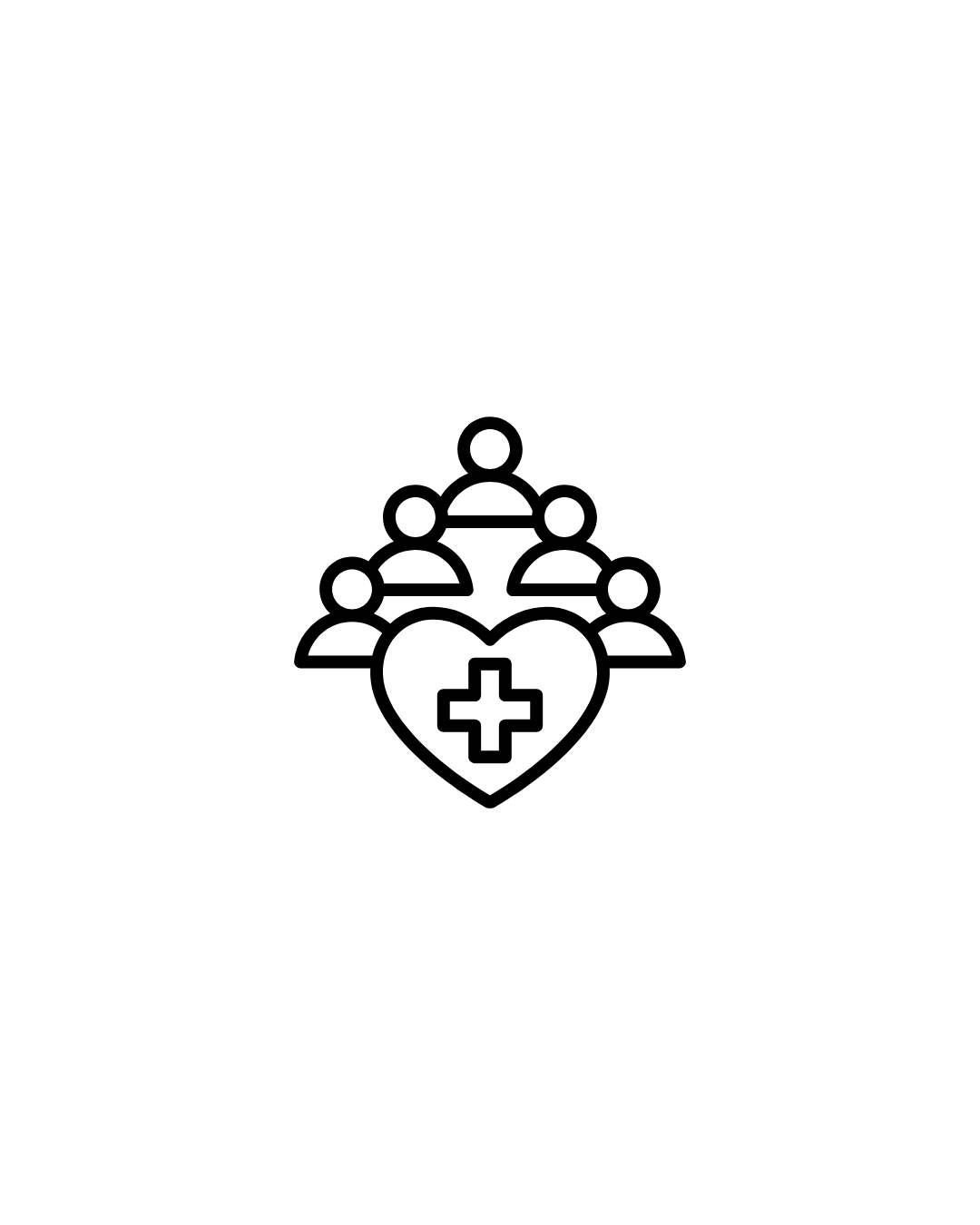Description
Overview of Bachelor in Public Health (BPH)
A Bachelor in Public Health (BPH) is an undergraduate degree designed to provide students with foundational knowledge and skills in the field of public health. This program focuses on promoting health, preventing disease, and improving the overall health of communities through education, research, and policy development.
Core Areas of Study in BPH
Introduction to Public Health
Overview of the public health field, including its history, principles, and importance in society.
Epidemiology
Study of the distribution and determinants of health-related conditions, focusing on how diseases spread and can be controlled.
Biostatistics
Introduction to statistical methods and tools used to analyze public health data and make informed decisions.
Environmental Health
Exploring the impact of environmental factors such as air and water quality, chemical exposures, and built environments on public health.
Health Policy and Management
Examination of health care systems, health policies, and management practices that influence health service delivery and access.
Social and Behavioral Health
Analyzing how social, cultural, and behavioral factors affect health and health behaviors within communities.
Global Health
Understanding health issues that transcend borders, including infectious diseases, nutrition, and health disparities.
Health Communication
Strategies for effectively communicating health information to diverse audiences, including the use of media and technology.
Public Health Research Methods
Introduction to methodologies used in public health research, including qualitative and quantitative approaches.
Curriculum Structure
A BPH program typically includes:
Core Courses: Required foundational courses that cover key public health topics.
Elective Courses: Opportunities to take specialized courses in areas of interest, such as maternal and child health, nutrition, or health promotion.
Practical Experience: Internships or community service projects that allow students to gain hands-on experience in public health settings.
Capstone Project: A final project that integrates learning and allows students to apply their knowledge to a specific public health challenge.
Admission Requirements
Admission to a BPH program generally requires:
A high school diploma or equivalent.
A strong academic record with a focus on science and mathematics courses.
Letters of recommendation (sometimes).
A personal statement or essay discussing the applicant’s interest in public health and career goals.
Skills Developed in a BPH Program
Graduates of a Bachelor in Public Health program develop various skills, including:
Analytical Skills: Ability to analyze data, interpret statistics, and assess health-related information.
Communication Skills: Proficiency in conveying public health messages to diverse audiences, both verbally and in writing.
Problem-Solving Skills: Capacity to identify public health issues and develop strategic solutions.
Cultural Competence: Understanding and respecting cultural differences that affect health beliefs and behaviors.
Teamwork and Collaboration: Ability to work effectively with others in interdisciplinary teams to address public health challenges.
Career Opportunities
Graduates with a Bachelor in Public Health can pursue a variety of career paths, including:
Public Health Educator
Developing and implementing health education programs to promote healthy behaviors in communities.
Community Health Worker
Serving as a liaison between healthcare providers and community members to promote health services and educate the community.
Epidemiology Assistant
Assisting epidemiologists in gathering and analyzing data related to disease outbreaks and health trends.
Health Policy Analyst
Evaluating and recommending policies that impact public health at local, state, or national levels.
Environmental Health Specialist
Assessing and managing environmental factors affecting public health, including pollution and waste management.
Research Assistant
Supporting public health research projects by collecting and analyzing data.
Healthcare Administrator
Managing operations in public health agencies or healthcare organizations, focusing on service delivery and program implementation.
Conclusion
A Bachelor in Public Health (BPH) provides students with comprehensive knowledge and skills necessary for a career in the public health sector. The program prepares graduates to address health challenges, promote health equity, and improve the well-being of communities. Students interested in pursuing a BPH should explore their local universities to understand specific program offerings and requirements. If you have further questions or need more information about the BPH program, feel free to ask!









